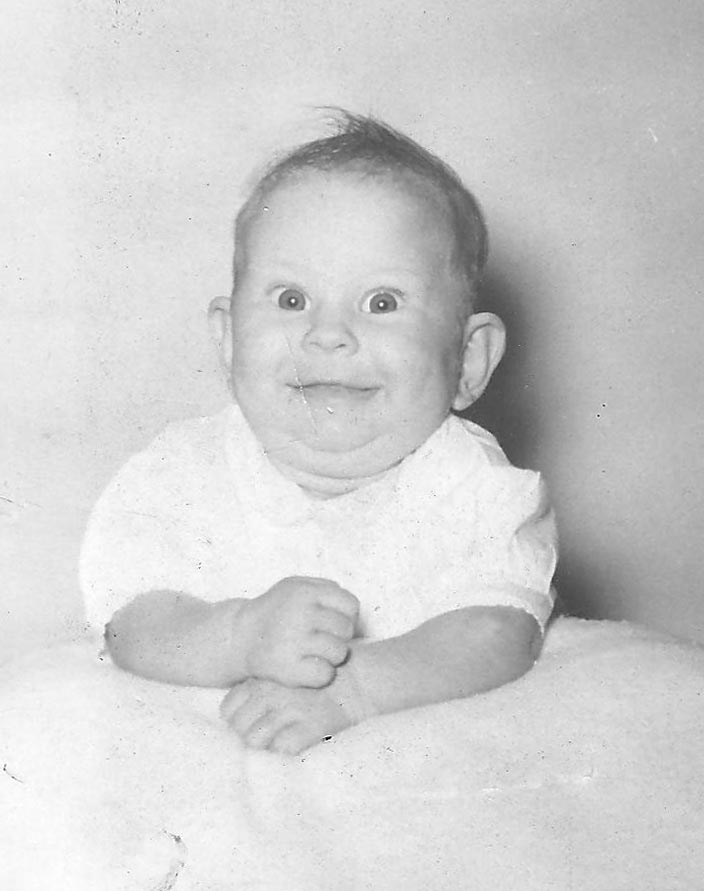The Fire Kiss
When I was a little girl, I remember crawling into my father’s outstretched arms, snuggling in as far as I could go, and planting a ticklish “fire kiss” right in the crook of his neck. I don’t remember how that particular show of affection got its name, but my memories of that time are filled with overflowing love and admiration for my father. As I grew older, it became harder to feel that same kind of love for him. He was often an angry, frustrated man who was unhappy with his life and the choices he had made. We bonked heads on a daily basis; some say it was because we were so similar. I withheld my love — my only tool of power — almost until he died, to punish him for my constant emotional anguish and for what I perceived as his assault on my self-esteem. When I left home as a teenager, my priority was to reprogram my brain, erase the negative parental tapes, and find a more positive, nonjudgmental and peaceful way to think and live. I felt liberated and different, and I distanced myself from my father’s view of the world. Well, the joke was on me! I took over where my father left off and replaced his negative voice with my own. Because I tried to be another person, and totally unlike him, I left behind — and possibly never knew — my true self. Now, as a grown woman, I still uncover layers of pain living in the recesses of my mind. As he was dying, I had an unusual phone conversation with him. He was on drugs for medical reasons and displayed a surprisingly different personality. In his defense, he had mellowed over the years, but these words really shocked me: “When I think of you, honey,” he said, “I think of peace, love, and positive thinking. I guess I never understood you very well and always wanted you to be someone different, someone who I thought was more ‘normal.’ You showed me that you can be yourself and not worry what other people think. I’m very proud of you.” |
When I got off the phone with him that day — from what turned out to be the last conversation we ever had — I was sobbing so hard that I couldn’t breathe. I had been waiting for those words all my life; I didn’t know how much I needed to hear them until he said them to me. Fast forward to a conversation I had with a friend about the afterlife. I hadn’t had any experience with these things, so I asked her how it actually “felt” when a dead person communicated with her. She said that it was hard to describe. She just “knows” when it’s happening and finds it quite comforting. I listened to her but, in all honesty, I didn’t relate. After talking about my father a bit more, and becoming emotional the way I always did when I talked about him, she asked me whether I would want to communicate with him now if I could. I instantly and adamantly said, “No! He would only upset me if I got back in touch with him!” Then she said something that put a new spin on the whole thing: “Well, maybe you can think of it this way. Now you can have the relationship you’ve always wanted with your father. You can keep it positive; you can be in charge. You can forgive him for the mistakes he made and know that he did the best he could with the parenting skills he had — or didn’t have. You can love him freely without the fear of being hurt.” Although it seems like a no-brainer, like I should have realized it all along, I didn’t. Now, when I think about my father, choosing this approach feels good — and it doesn’t make me cry. The best part about it is that it speaks to the same priorities I had when I left home as a teenager: being positive, nonjudgmental, and peaceful in my life. So now I can give my father a “fire kiss” any time I want and finally get back to the joy of loving him. © 2010 Joanne Shwed Photo courtesy of George Shwed Originally written for CoastViews magazine |


















































